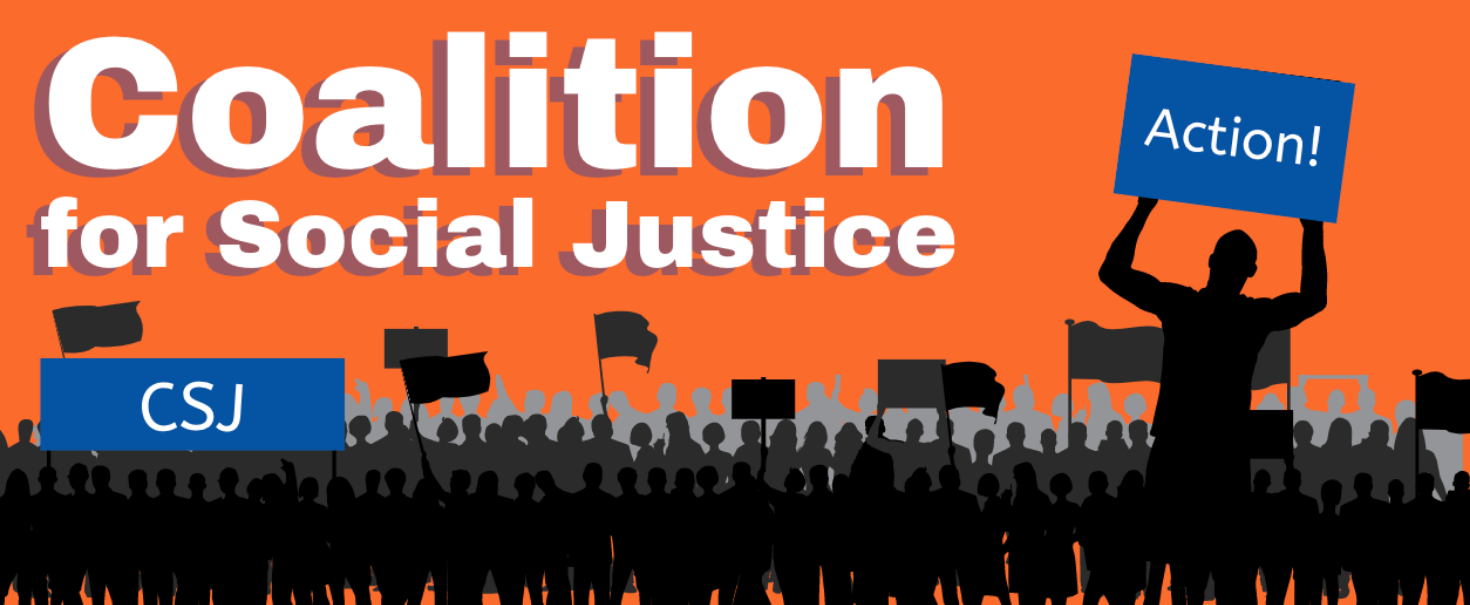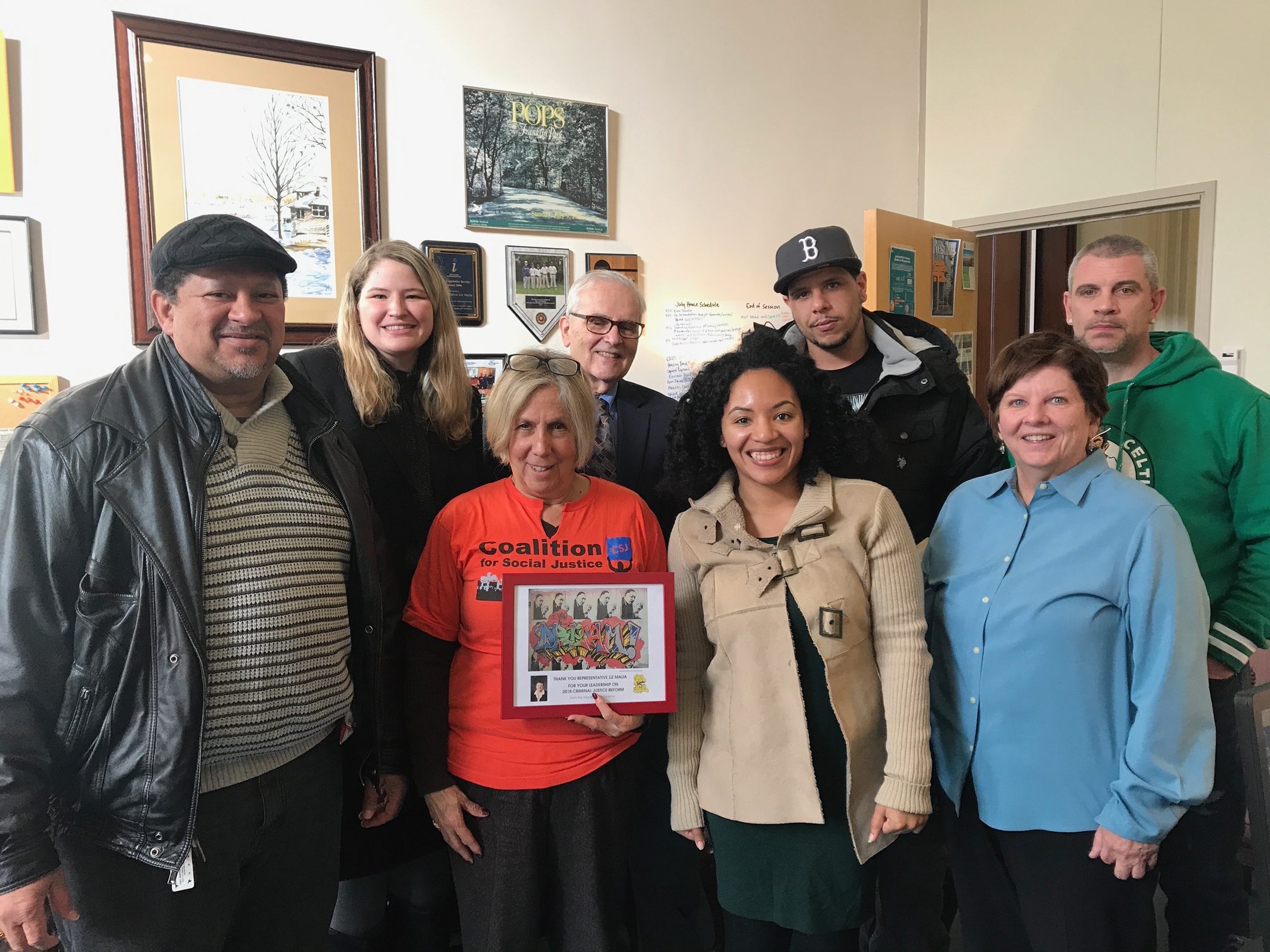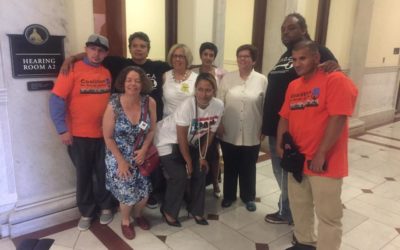With CSJ support, the first omnibus police reform bill passed as a compromise between the House and Senate. It is the first police accountability of its kind. It establishes a post system that certifies and can decertify police officers who then could be sued personally; it bans chokeholds, and has protections around no-knock warrants; it created commissions on the status of African Americans, Latin@s, people with disabilities, and black men and boys, and several sources say these commissions will have teeth to effectively protect victims.
Statement of Solidarity with those Demanding Justice
The Coalition for Social Justice stands in solidarity with those demanding justice for the black community which is suffering violence at the hand of systematic racism or the hand of the police. We join the families and communities of Ahmaud Arbery in Brunswick, GA,...
Rally in solidarity with Bristol County Jail hunger strike
Dartmouth Week Today: Protesters call for change at Bristol County jails Douglas McCulloch "Through chants, speeches, and shouts, several dozen protesters hoped to send a message to the inmates and immigration detainees inside the Dartmouth House of Correction: You're...
Criminal Justice Reform Bill Passed
In April, 2018, Massachusetts passed historic legislation to reform the racially discriminatory system of criminal justice. This legislation rejected the philosophy of mass incarceration that had dominated Massachusetts politics for decades. This will help to reduce...
Affordable Prison/Jail Telephone Calls
Massachusetts county houses of correction and jails charge outrageously high fees to inmates and their families for phone calls. If inmates want regular contact with their families, they have no choice but to use the facility-provided service which charges as much as $6.15 per 15-minute call, which stacks up to $2,245 per year for daily calls. Prisons and jails often choose a provider based on “site commission,” meaning how much they can profit off of inmates and their families. Studies show that contact with loved ones promotes lower recidivism rates and successful reentry. Telephone calls can be a lifeline for prison families, since prisons are often located in remote areas. The Coalition supports An Act relative to telephone service for inmates in all correctional and other penal institutions in the Commonwealth (H. 3452) and An Act relative to inmate telephone call rates (S. 1430) which would lower the costs of prison phone calls or guarantee free prison phone calls, respectively. They would thus help keep prison families together and more secure upon a family members’ release.


